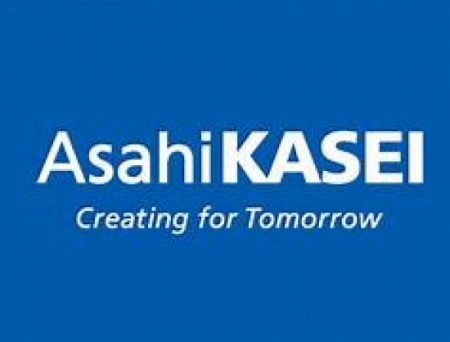Home › News › Drug Discovery & Development
Asahi Kasei Pharma Begins Phase III Trials of ART-123 to Prevent Chemotherapy-Induced Peripheral Neuropathy
Read more on:
Phase III Trials of ART-123 to Prevent Chemothera Asahi Kasei Pharma Begins Phase III Trials of ART- Prevent Chemotherapy-Induced Peripheral Neuropathy
Phase III Trials of ART-123 to Prevent Chemothera Asahi Kasei Pharma Begins Phase III Trials of ART- Prevent Chemotherapy-Induced Peripheral Neuropathy
More news about: drug discovery & development | Published by Darshana | July - 03 - 2025 | 148
Last news about this category
We use our own and third party cookies to produce statistical information and show you personalized advertising by analyzing your browsing, according to our COOKIES POLICY. If you continue visiting our Site, you accept its use.
More information: Privacy Policy
pharmaindustrial-india.com - Professional magazine for pharma industry suppliers and lab technology - CEDRO members

















